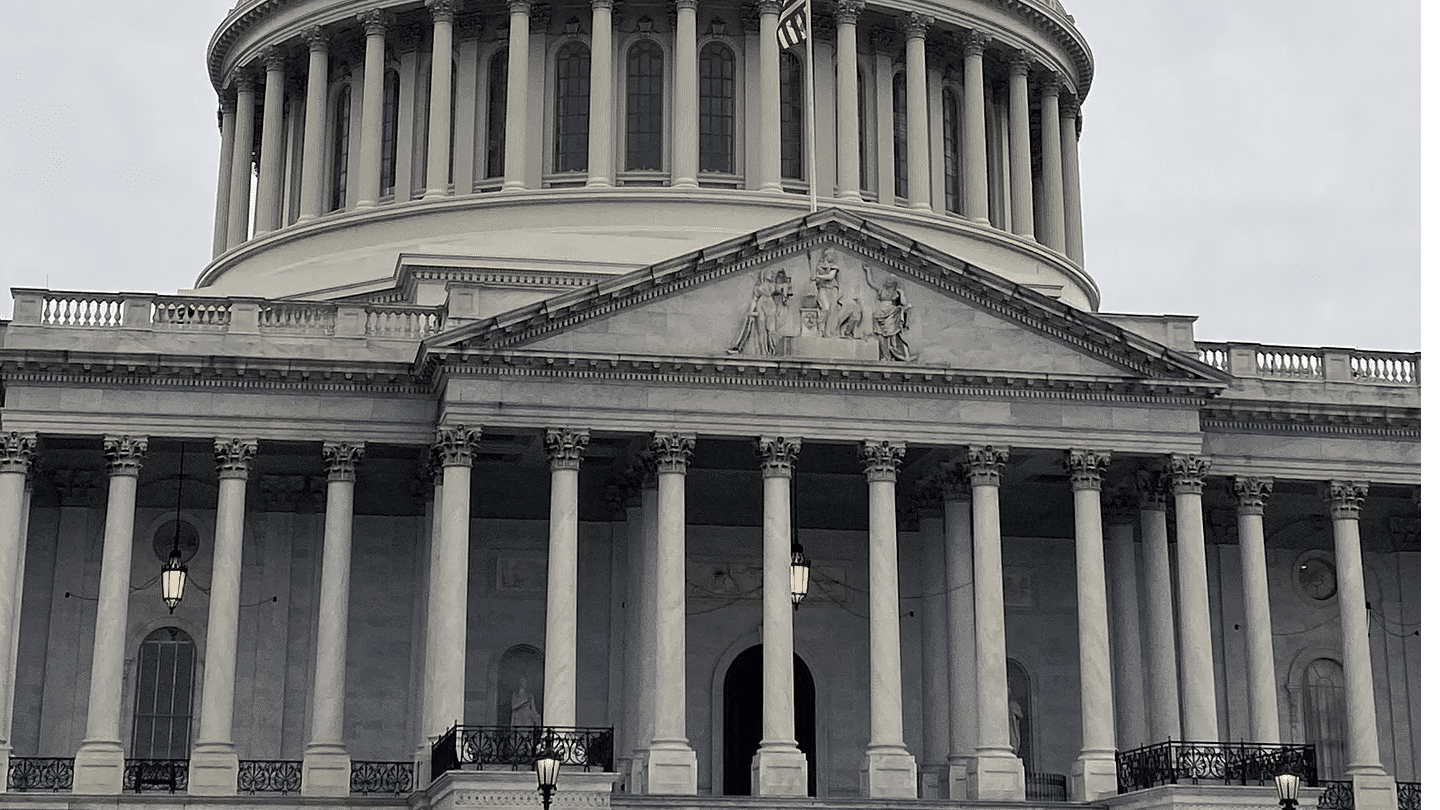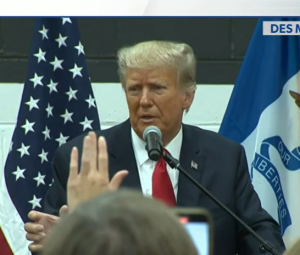President-elect Joe Biden’s intelligence chief nominee has said that she would remain apolitical and would seek to re-establish confidence with allied intelligence bodies, after the turmoil of the outgoing Donald Trump administration.
Avril Haines, a former CIA official nominated to be Director of National intelligence (DNI), also said the US espionage community would step up its focus on China as a key threat.
“To safeguard the integrity of our intelligence community, the DNI must insist that, when it comes to intelligence, there is simply no place for politics — ever,” she told the Senate Intelligence Committee, which is vetting her nomination.
“The DNI must prioritize transparency, accountability, analytic rigor, facilitating oversight and diverse thinking — not as afterthoughts, but as strategic imperatives that bolster our work and our institutions.”
Haines’ three DNI predecessors were dragged in to President Donald Trump’s political battles, especially over his rejection of the intelligence community’s assessment that Russia interfered in the 2016 election on Trump’s behalf.
He repeatedly labeled the country’s spies “the deep state” conspiring to undermine him, and sought to enlist some more politically supportive officials to bolster his fight against impeachment a year ago.
Haines, 51, was deputy director of the CIA and then deputy national security advisor in the 2009-2017 administration of president Barack Obama — when Biden was vice president.
As the first woman in the DNI job, she would oversee and coordinate all 18 bodies of the US intelligence community, including the CIA, the National Security Agency and FBI counterintelligence, and would be responsible for the president’s regular intel briefings.
She was presented to the committee by Dan Coats, Trump’s first DNI who resisted politicisation and tried to protect the community from interference until he was fired.
In the hearing, Haines echoed remarks from Biden’s other national security and foreign policy nominees, saying China poses a formidable challenge.
“Our approach to China has to evolve, and essentially meet the reality of the particularly assertive and aggressive China that we see today,” she said.
Asked if she could help in investigating the January 6 assault by Trump supporters on the US Capitol, she said the intelligence community is largely confined to foreign targets and cannot get involved in domestic law enforcement.
She promised senators she would release a still-classified report into Saudi Arabia’s assassination of Jamal Khashoggi, a US-resident Saudi journalist.







